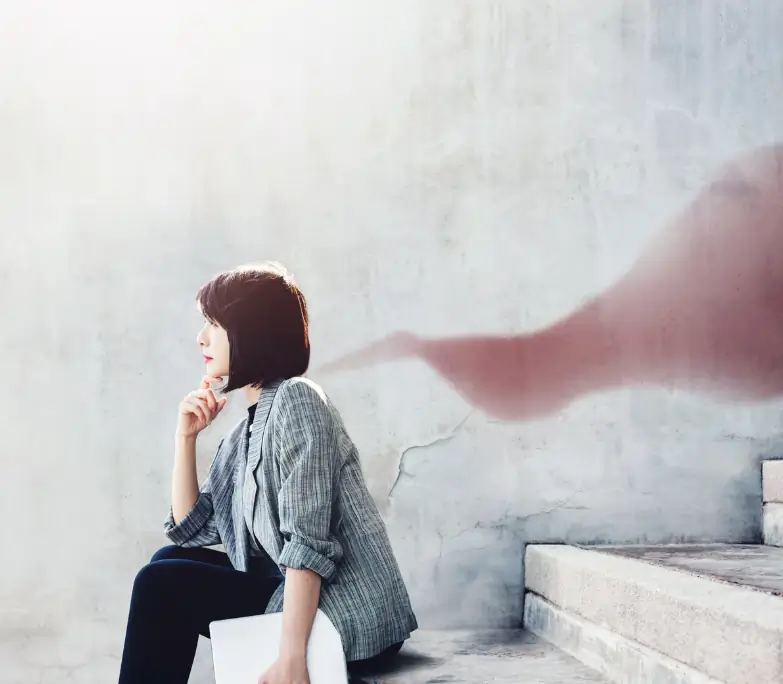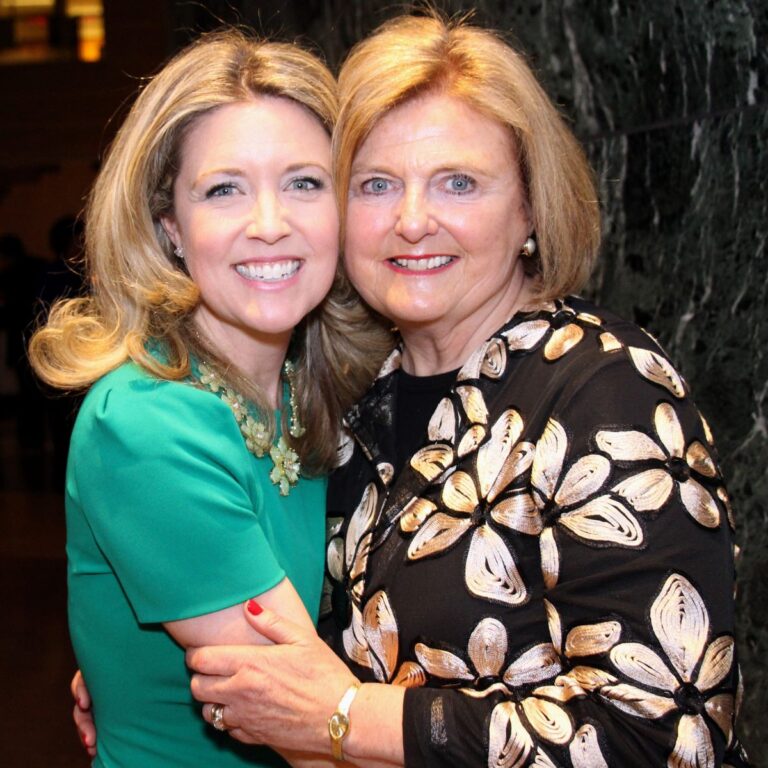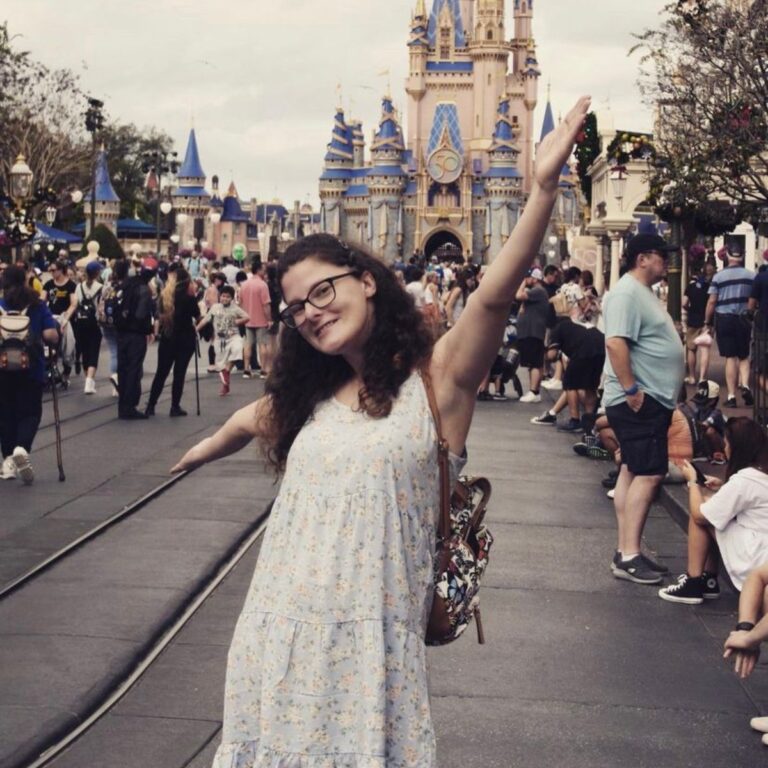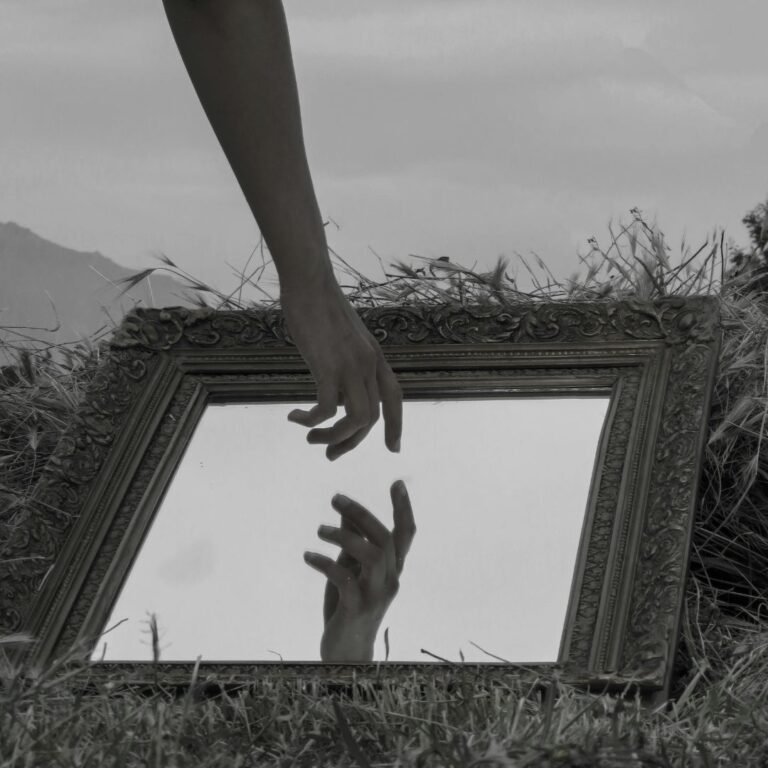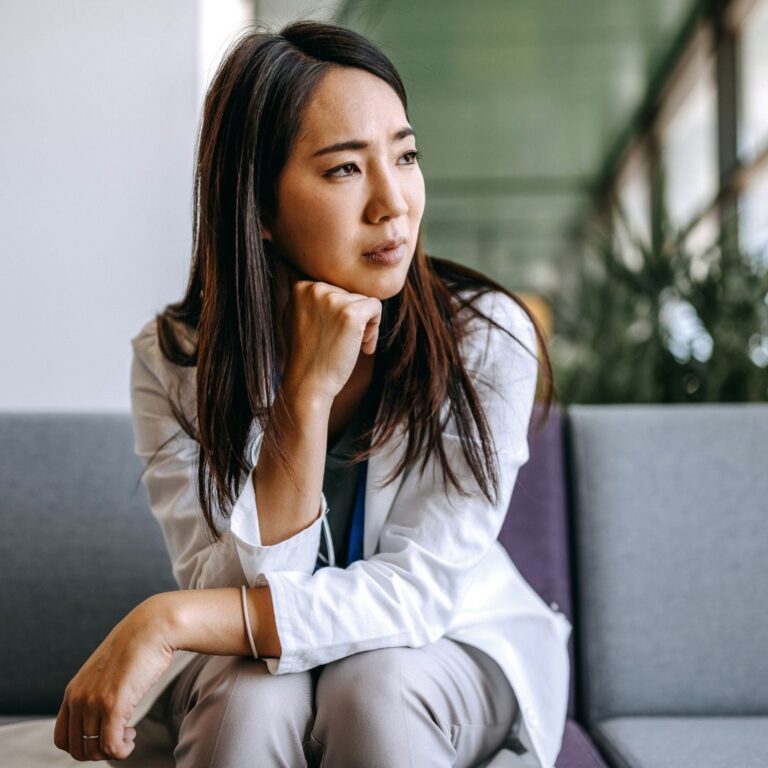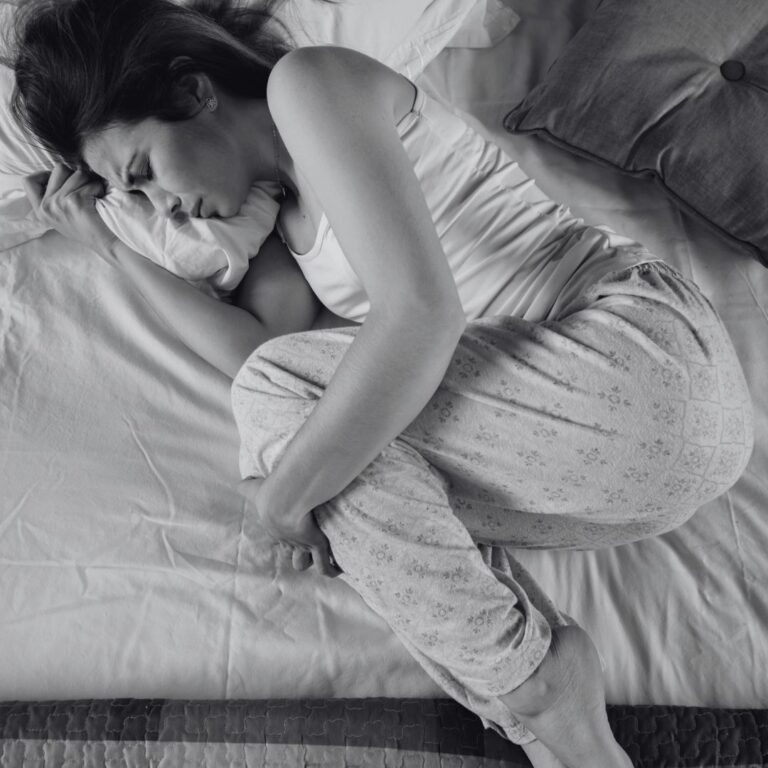My mother-in-law, my best friend
23.01.2024
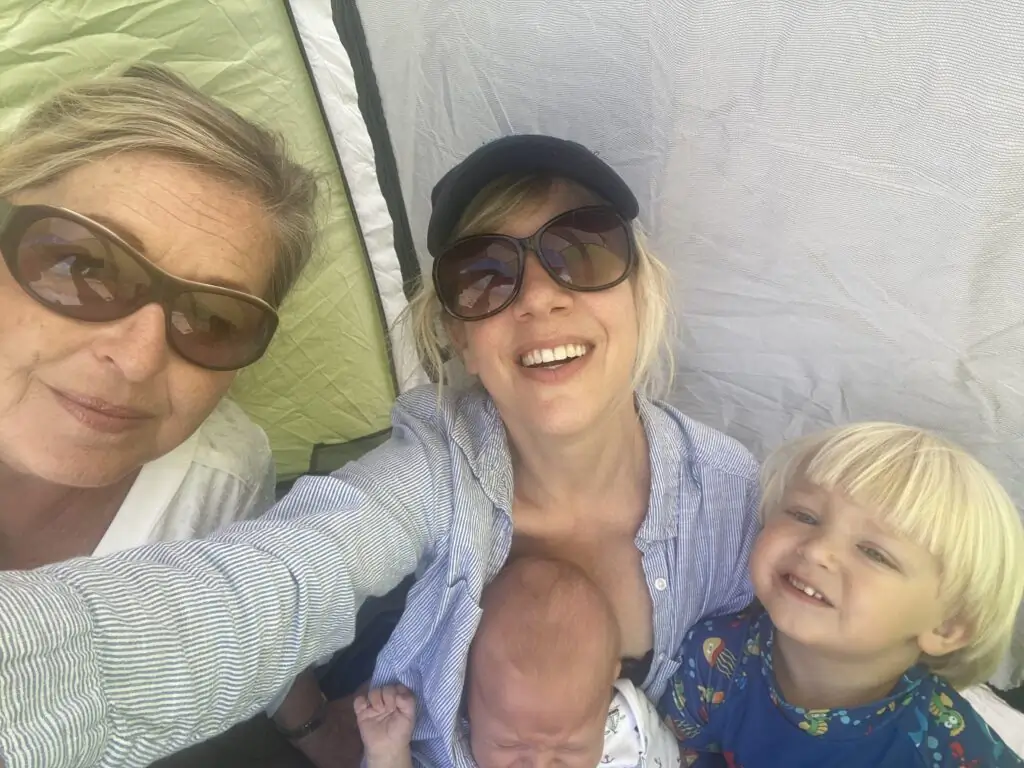
From the moment I met my mother-in-law, it was love at first sight
With a younger brother, two sons and even male pets, she appreciated having a daughter figure around. Bombarded with film and television depictions of overbearing mothers-in-law as well as friends’ tales of their own challenging experiences, I never expected that spending time with my mother-in-law would quickly become my favourite thing to do. My own mother, a woman I adored, lived hours away in the U.S., but now I had a bonus mom with me here.
A Ukrainian who was born in a German work camp at the end of World War II, she was excited to share her culture and traditions with me. She took me to Ukrainian festivals, gave me one of her authentic vyshyvankas (Ukrainian embroidered blouses) and we even walked together in a Ukrainian fashion show. Her traditions became my traditions. I’ve never been that ambitious when it came to cooking, but that didn’t stop her from trying to get me to attempt some of the Ukie recipes.
“I never liked cooking either, but everything tastes better when you know exactly what’s in it. In fact, next year you are making the cabbage rolls for Easter. I’m retiring,” she’d say after spending hours preparing the delicious delicacies. I’d laugh, knowing very well how unlikely that was.
We became even closer when our first son was born as she insisted on taking care of him so I could get back to work and always had a warm meal ready for those nights I’d come home late. I always treated her to a relaxing spa weekend for her birthday, and on my first vacation away from my baby, she and I went on a girls’ getaway to Aruba. Each morning, we’d order room service so we could enjoy the view from our balcony, two best friends having fun on “one happy island.”
A few months later, when I found the lump in my breast, she refused to let me sit around worrying as we awaited the biopsy results.
“Let’s go to lunch,” she announced, taking me to one of Yorkville’s chicest restaurants and then treating me to some vintage clothing shopping. Later that day, when I got a last-minute call for a breast MRI to determine if the cancer had spread, she immediately hopped in the car and rushed me downtown for the appointment, comforting me in the waiting room as I awaited my turn.
A week later, she came with me to the surgeon’s office, holding my hand as we listened to the doctor tell us the cancer hadn’t spread. Of course, we shared a celebratory lunch at a downtown cafe right after.
When her husband passed away, I went with her to the funeral home to help make the arrangements, and when she had to get a pacemaker, I wouldn’t leave her side the one night she spent in the hospital. The nurses easily mistook us for mother and daughter huddled over the iPad in her twin hospital bed binging Breaking Bad. “Oh, the things you get me into!” she said as we waited for the next episode to begin.
Don’t get me wrong: we certainly had our differences. She couldn’t understand why I refused to eat veal, which she would make way more often than I liked.
“Just have a little piece. It’s the best meat,” she’d say.
“I don’t eat veal,” I reminded her.
“Not even a little piece?” she asked.
The conversation was the same every time she made it. She never gave up.
Then again, she never got why I loved 99 percent dark chocolate.
“But it tastes like dirt. How can you like it? It’s not sweet,” she’d say.
“That’s why I like it,” I’d remind her.
I also didn’t possess her passion for plants. I’d house-sit when she went away on longer trips and water her massive indoor garden.
“Make sure you talk to them. It helps them to grow,” she said.
Needless to say, inevitably a few plants didn’t make it through our quality time together.
When my husband and I were saving up to have another baby via surrogate (breast cancer made it impossible for me to carry another) she suggested we move in with her.
“The house is huge and it’s just me here. It would be so great to have us all together,” she said.
We were spending most of our time there anyway, so we put our apartment up for rent and became roomies. It was fantastic. She and I stayed up late watching shows and sharing stories about our families and friends.
“Sarah, you make me laugh more than anyone,” she’d say, and my heart would be full.
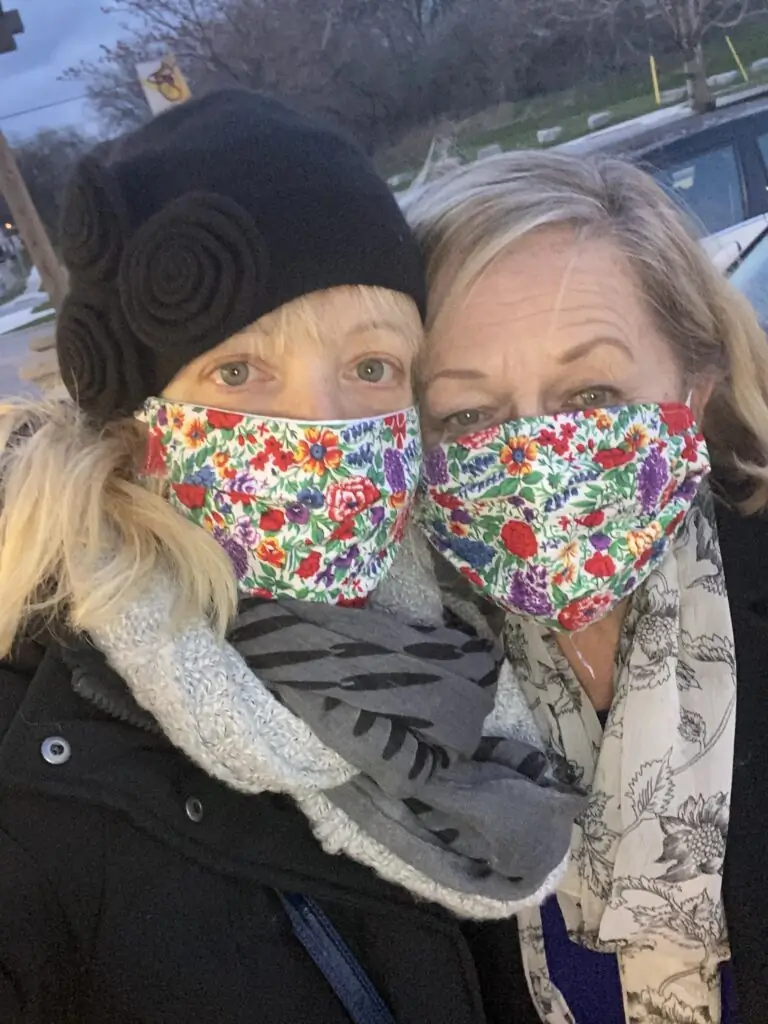
Then Covid hit and it was such a blessing we were all together. Our second son was born via gestational surrogate a few months into the pandemic, and my mother-in-law’s support was especially critical. My husband’s profession was considered essential, so he went to work daily and it was just her and I watching the kids.
We got a trampoline, pool toys, play tents – all the comforts online shopping could afford. Always the optimist, she refused to slow down, and no matter what, she would wake up each morning, have her two cups of coffee, and get prepped for the day, emerging from the bathroom perfectly coiffed.
We hadn’t been able to get our nails done in months, another ritual we always did together, but I had my collection of face masks to keep us up to date on our self-care. One night, we both did one and she was so happy with how her skin looked, calling out to me on her way upstairs to bed, “Oh the things you get me into.”
I’ll never forget that as it was the last time I would ever hear her voice.
The next morning, my husband found his mother on the floor of the downstairs powder room. I rushed the kids upstairs before they could see anything and waited in our bedroom as my husband attempted to revive her. She had to wake up. She was going to wake up.
The paramedics came. My brother-in-law came. Our family friend rushed over to watch the kids and I drove my husband to the hospital, waiting in the car as pandemic restrictions mandated only he would be allowed to enter. An hour later my husband called me with the news.
She had suffered a ruptured aneurysm and would never recover. I was heartbroken.
The next morning, we called the hospital and there had been no change. We knew it was time to say goodbye. I took a shower and put on makeup, following her daily M.O. My husband, his brother, her brother, and I got to the ICU and were escorted to her holding area. She was covered by several heated blankets under which various-sized tubes and hoses could be seen coming out of all ends, her face bloated from whatever was in the IV they had her on, and her chest rising with each beep of the machine. I reached for her hand and it was warm from the blankets, the rest of her cold. I leaned over her, noticing she still had the bobby pin curls in place on her head, easiest way to get wavy hair in the morning, she always said.
I softly whispered, “Your skin looks great from the mask we did, and I promise I will learn how to cook. I love you so much,” and gently kissed her forehead.
Her body was there but she was gone, and if she could have seen herself right now, she would not have been pleased. Her pale face lacked even a stitch of makeup. I mean, she even put on eyebrows for her pacemaker surgery. My silly, bubbly mother-in-law, who just the day before had insisted on steaming the carpets after making several batches of her homemade pasta sauce, was nowhere to be found.
A green plastic drawstring bag hung on the wall containing all the personal effects she had worn when the ambulance brought her in 24 hours earlier.
“That’s for you to take,” said the nurse.
I walked over and took it down, holding the generic pouch close. It was the last thing she ever wore when she was still her, and it had more life than the body a foot away. Her sons and brother gave the end-of-life instructions, and the nurse took down my number to notify us when it was all official. Twenty minutes later I got the call. She was gone.
We drove around for a bit, reluctant to go back to the house, a museum full of her mementos from a full life. I put the green bag in the back seat. I wasn’t ready to open it.
A few hours later I was alone at our home – the house she, my husband, and our two young kids shared – missing the company of my most favourite travel companion. I went and got the bag from the car and peered inside. Her earrings, the little gold studs she loved, collected in a specimen bottle.
Without moving anything, I could make out her robe, leggings, and undergarments. I quickly pulled the drawstring and closed up the bag, placing it back on the floor behind the driver’s seat of my car. I just wasn’t ready to do anything with it so for now, it stayed put. I travelled around with that bag in the back seat for several weeks, tightly sealed and close to my heart.
It’s been three years since I lost my partner in crime, and not a day goes by when I don’t mention her name, Natalie. I keep her alive as much as I can, sharing stories with my kids and making sure they know how much Babba loved them and all that she would have taught them if she were still here.
They attend Ukrainian schools, fully embracing the language and traditions. As for me, I have indeed learned to cook, and perhaps this year I will finally attempt a few of her recipes, maybe even her famous cabbage rolls. I smile. “Oh Natalie, the things you get me into.”

